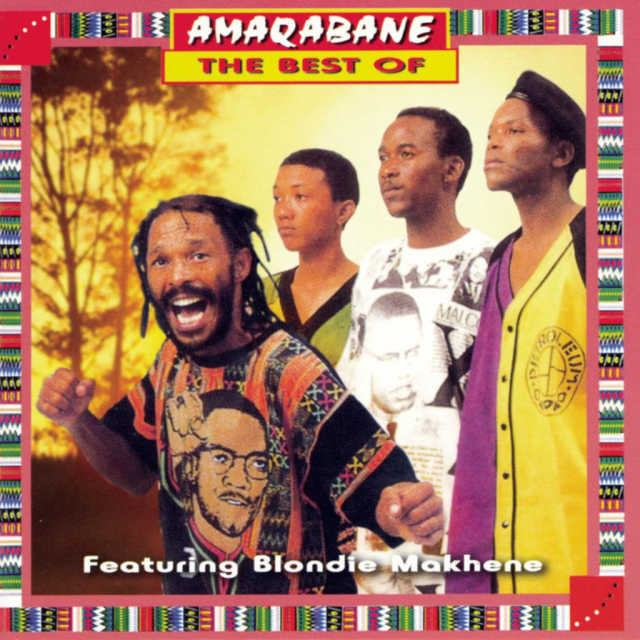
I am missing the times when the unions gave us hope. When workers’ struggles against capitalist exploitation, our people’s struggle for liberation from colonial rule and the struggle for a true people’s education were the same struggle. When the union truly “made us strong”. When the union and the liberation organisation and the youth or women’s movement were the same organisation not because they had the same name but because they understood the struggle to be what today feminists call “intersectional”. Where the oppression of workers, black people, provision of gutter education, were seen as tools of the same exploitative trade – racial capitalism, colonial domination, and of course patriarchy. Ah the Patriarchy! May we never stop mourning the ways in which our virtuous struggles for liberation gave black women the shortest end of the stick and then stabbed them on the back with it. We must erect eternal monuments for this betrayal’s remembrance!
For all her life, my mother was a worker. When she no longer worked in the masters’ and madams’ kitchens, she worked on other “factory” sites. She loved this song (not necessarily this version). I first heard it sung by her when I visited her back in those days when we lived in Ciskei and she in South Africa. Yes, lollest LOL, under De Klerk’s party’s rule she and I (geographically separated by the distance of a handful of football fields) were “citizens” of different “nation states”. Lollest LOL!
She was her own kind of activist in the kitchens and masters’s bedrooms and the streets. In her own kind of way, she knew and practiced the fine art of resistance finely.
Later, she and I would laugh through tears about how we recycled (perverted in her language) this song for feminist struggle, changing it to say “Kudala sisebenzel’a madoda, kudala sisebenzel’ipatriarchy, bafazi mas’manyane, elilizwe lelethu!”.
I come from a family of workers (workers of the land, chicory and pineapple pickers, mine-workers, “kitchen” workers, garden workers, child workers, healing workers…).
For that reason, this song will always have a deep meaning in my life. In it the spirit of my mother lives. So does the story of my family and the belief in the power of a united people’s resistance!
At this time, may our ancestors of light give us the grace for the ghosts of our dark history to leave us peacefully, allow us to bury them in peace. And for this, may our souls one day find the kind of peace that will help us truly rejoice while singing “Thina lomhlaba siwugezile”! Of course, that’s if there will be any mhlaba left with all these planet-wrecking choices we make over and over.
(By Siphokazi Mthathi)